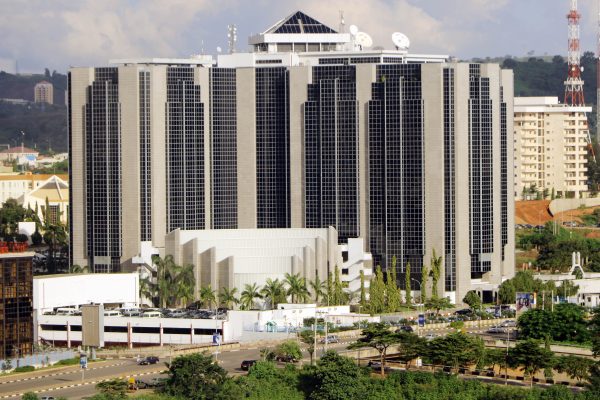One of the favourite past times of Nigerians over the last few months has been the daily check of exchange rates. Every new low of the Naira against either the Dollar or Pound has brought with it weeping and gnashing of teeth from those who have to deal regularly in foreign exchange for either personal or business purposes.
The widening gap between the official rates and the parallel market rates (The Naira went for as low as N242.20 at the parallel market to the dollar on Wednesday July 28th) has raised fears of a further devaluation of the Naira. However, the CBN governor Godwin Emefiele dismissed such fears at the CBN’s most recent MPC meeting by repeating that the Naira was ‘appropriately priced’.
Emefiele has come in for quite a lot of criticism for the CBN’s apparently resolute position in avoiding a further devaluation, by issuing several circulars over the last few months designed to reduce the demand for foreign exchange. Most notably, the CBN recently banned the use of foreign exchange for the importation of several items, including toothpicks, for which he was sharply criticized by The Economist.
The CBN has also taken other steps to protect the Naira. This week, some banks have begun to inform customers that foreign exchange deposits will no longer be accepted from next month. The reasons are as follows:
- CBN has refused to collect dollar cash from Banks. The CBN’s argument is that a lot of customers bought dollars at the end of last year and speculated against the naira and hence they don’t want to sterilize the funds. That Banks should deal with the cash themselves
- Since CBN is not collecting cash, banks have huge cash funds that they need to fund their overseas account, but cannot move it out.
- Banks also can’t sell dollars except to the authorized sources; and the majority of the authorized sources don’t need physical cash.
In a sentence, the CBN has somehow managed to build up excess dollar liquidity in the financial system. This may be the reason why the Naira has appreciated from N242.50 on July 28th, to N237.50 on July 30th.
However, is this sustainable? Are the CBN’s measures working? Or is it merely postponing the evil day? (‘Evil day’ meaning another devaluation). Like we say on Twitter: We continue to observe.















